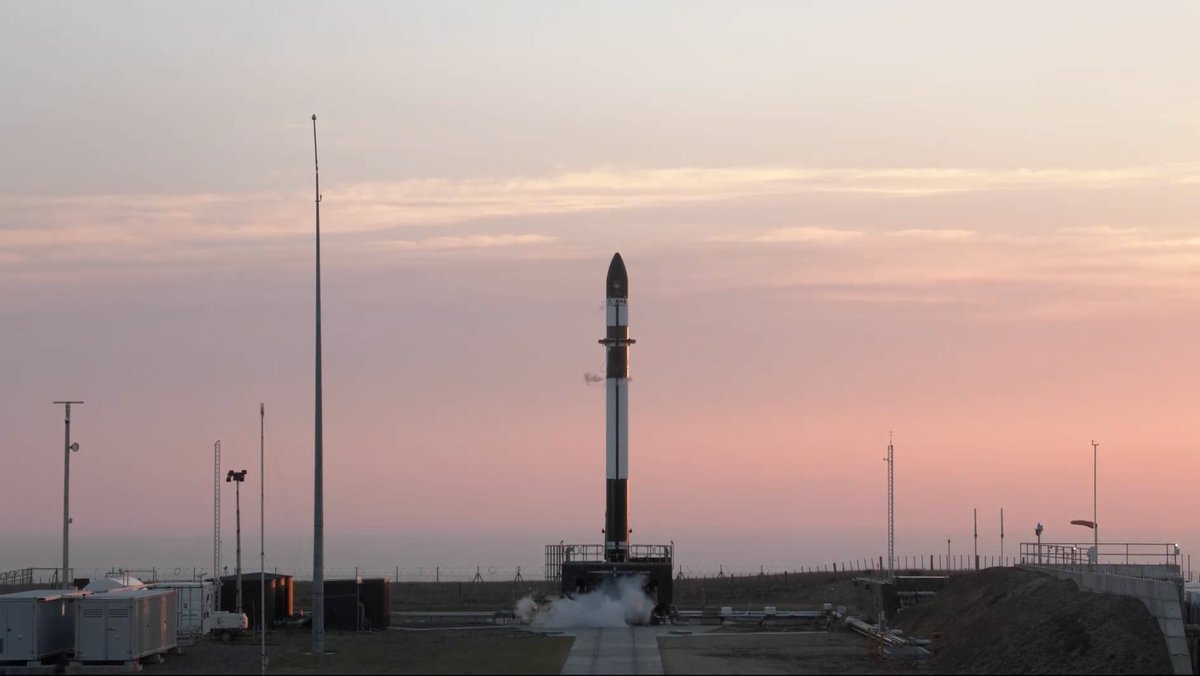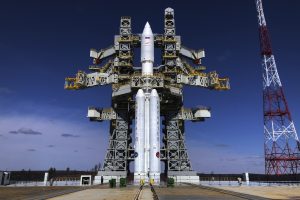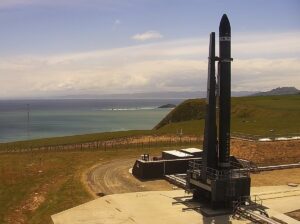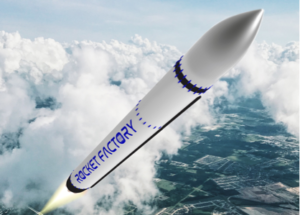The Next Rocket Lab Launch Window to Open Up on 16th January
15th Jan 2021
The next Rocket Lab launch should happen during a ten-day launch window that starts on 16th January. This should be the 18th launch for the company. This time, the American company is working on a planned mission for OHB Group, a European space tech company.
Another One Leaves the Crust: 18th Rocket Lab Launch
The upcoming mission is called Another One Leaves the Crust, and everyone on the team has been counting the days till the ten-day launch window opens up. Starting from 16th January, the company should be taking a single communication microsatellite designed by OHB Group. This satellite will enable very specific frequencies that should later support future orbital services.
The customer, OHB Group, is a division of OHB Cosmos International Launch Service GmbH. The division is, essentially, a launch service responsible for launching the entire group’s spacecraft. To date, OHB’s satellite manufacturers are based in Germany, the Czech Republic, and Sweden.
The upcoming Rocket Lab launch will take place from the company’s own launch complex at Mahia Peninsula. According to launch plans, one of the rocket’s stages should deorbit and burn, making sure it does not turn into space junk. Besides, the upcoming Rocket Lab launch does not presuppose first-stage engine recovery either.
The company founder and chief executive, Peter Beck, states that this mission should happen within six months of signing a service agreement. He also mentions such a speedy delivery is something the entire team is proud of.
Since the upcoming Rocket Lab launch is a dedicated mission for one company and not a rideshare solution, the mission ensures supreme timing and control for OHB Group. The mission is the first in the series of the company’s 2021 ambitious plans. After this upcoming launch, the company will continue working on other missions, including a Photon mission to the Moon sponsored by NASA.






Thank you for your comment! It will be visible on the site after moderation.